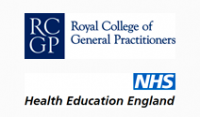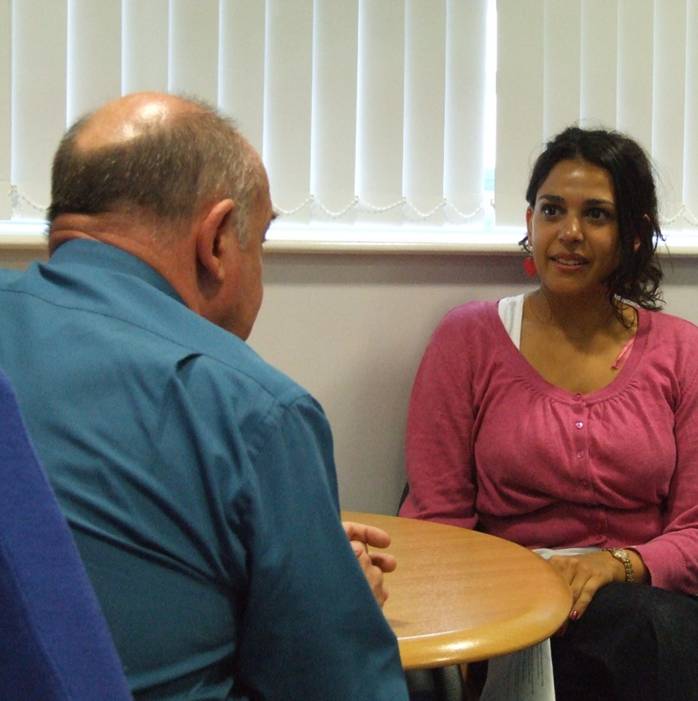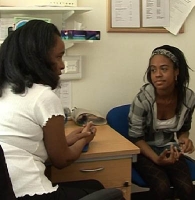Intervening to Reduce Risk - Brief Behavioural Interventions and a Patient at No Apparent Risk course for GPs



This is the second of four complementary sessions on behavioural and clinical interventions to reduce the risk of patients having, or developing in the future, sexual health problems. The three patients we consider here have a range of needs. There is a focus on interventions to reduce risk and we also consider a patient at no apparent risk. This session has been written in conjunction with Sexual Health in Practice (SHIP). Please see acknowledgements for more details. This session was reviewed by Phillippa Matthews and last updated in January 2015.
Learning Objectives
By the end of this session you will be able to:
- Identify a patient's sexual health risk
- Formulate management plans that take into account identified risks and prioritised needs of individual patients
- Practice brief behaviour change interventions, engaging patients in developing strategies to reduce their risk of unwanted pregnancy and sexually transmissible infections
- Discuss the management of patients at no apparent risk
In the previous session, GPS_11_003a Intervening to Reduce Risk – Promoting Contraception, you began to familiarise yourself with the process of formulating a management plan for patients on the basis of their risk assessment.
Before commencing this session you should:
- Complete the preceding introductory sessions in the Sexual Health and Contraception module
Dr Philippa Matthews (MBBS, FRCGP) is currently Primary Care Development Lead at the Africa Centre in KwaZulu Natal, South Africa, working with a population with the highest prevalence of HIV in the world. Prior to this she was a GP in Kings Cross, London, and Sexual Health Clinical Lead for Islington.
She has developed and delivered sexual health training and written extensively about sexual health services in primary care, most recently authoring MEDFASH’s new HIV Testing in Practice (HIV TIPs) webtool to support GPs and practice nurses to increase HIV testing in this area.


Judith is project manager of the Sexual Health in Practice (SHIP) scheme in Birmingham and associate lecturer at Warwick Medical School, undertaking module leadership on the Post Graduate Award - Delivery of Sexual Health Care.
For many years Judith practiced as a nurse and health visitor in a variety of settings – hospitals, schools and primary care. After graduating from Birmingham University in 1988 and completing a masters degree in health promotion and education in 1994, Judith developed extensive experience in education, as an FE college lecturer and Open University Tutor. For the last 17 years she has worked as a health promotion specialist delivering and managing a wide range of diverse sexual health promotion initiatives, involving Theatre in Health Education (THE), peer education and NHS workforce development, across the Birmingham area.
- Communication Impairments Part 4: Autistic Spectru...
- Posted By eIntegrity Healthcare e-Learning
- Posted Date: 2025-01-22
- Location:Online
- This session is the last of four that looks at different speech, language and communication impairme...
- Communication Impairments Part 3: Cleft Palate, He...
- Posted By eIntegrity Healthcare e-Learning
- Posted Date: 2025-01-22
- Location:Online
- This session is the third of four which describe different speech, language and communication impair...
- Communication Impairments Part 2: Specific Speech ...
- Posted By eIntegrity Healthcare e-Learning
- Posted Date: 2025-01-22
- Location:Online
- This session is about speech sound disorder (SSD). It describes the characteristics associated with ...
- Communication Impairments Part 1: Late-talking Tod...
- Posted By eIntegrity Healthcare e-Learning
- Posted Date: 2025-01-22
- Location:Online
- This session is the first of four which describe different speech, language and communication impair...
- Typical Development Part 2: First Words and Early ...
- Posted By eIntegrity Healthcare e-Learning
- Posted Date: 2025-01-22
- Location:Online
- This session gives an overview of the main aspects of how language typically develops in children. I...







